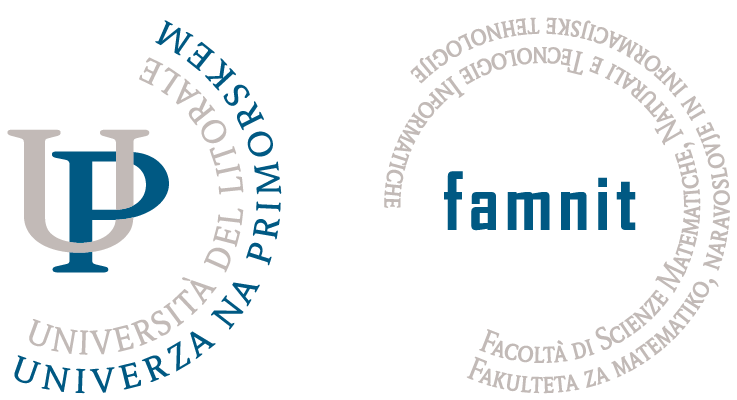Pollinators provide one of the most important ecosystem services on the planet – pollination. They make food production possible, protect and maintain ecosystems and species, contribute to biodiversity and often act as indicators of state of the environment. Their abundance is declining at a high rate all around Europe, due to habitat fragmentation, pesticide use, climate change and other factors, making their monitoring and conservation a high priority.
Within the ConservePlants COST Action (CA18201), the Department of biodiversity is organizing a Training school on pollinator identification in Izola from 15th to 17th of February. This Training school will teach the importance of pollinators, targeting groups like butterflies, hoverflies and bees, and their biology, ecology, monitoring methods, conservation, preparation of specimens, identification, etc. It will host 15 Early Career Researchers (including MSc and PhD students) and Conservation Practitioners from all over Europe, focused on pollinator taxonomy, biology, ecology and identification.
The program will be led by European experts, coming from the Council for Agricultural Research and Agricultural Economy Analysis (CREA), University of Florence, Slovenian Forestry Institute and Centre for Functional Ecology (FLOWer lab) from the University Coimbra.
The Department of biodiversity has secured the opportunity of attending experts’ lectures in-person, in campus Livade, in Izola, for UP students, or online, for anyone else interested.

Agenda
Day 1
- Morning: Introduction of participants
-Lecture 1: Pollinators: importance, main groups, conservation status and monitoring methods (Hugo Gaspar)
-Lecture 2: Introduction for butterflies (Marco Bonifacino)
- Afternoon: Practical part: Identification of butterflies and demonstration of the preparation of specimens
Day 2
- Morning: Lecture 3: Introduction for bees: Biology, Ecology and Taxonomy (Simone Flaminio, Andrej Gogala, Hugo Gaspar)
- Afternoon: Practical part: identification of bees
Day 3
- Morning: Lecture 4: Introduction to hoverflies (Maarten de Groot)
- Afternoon: Practical part: Identification of hoverflies to tribe/genus level
Final discussion: Hugo Gaspar
More details on the event > HERE
Date: 15. – 17. 2. 2023
Lectures in campus Livade: 9 – 12h
Address for in-person lecture attendance: UP FAMNIT, Objekt Livade 1.0 Livade 4, Izola 6310
ZOOM access to lectures: https://upr-si.zoom.us/j/84058892779?pwd=ZFp6eURXK0ZkaElKYWsrdGN4ZDFodz09
(Meeting ID: 840 5889 2779; Password: 385200)

